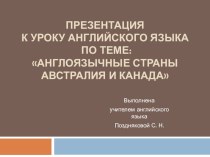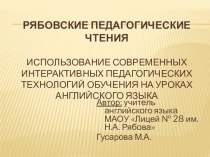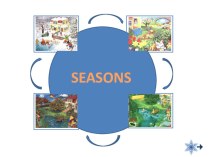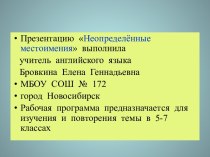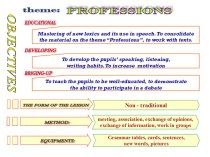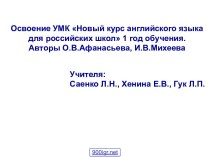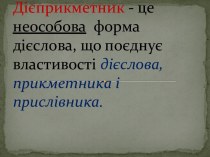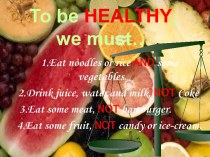- Главная
- Разное
- Бизнес и предпринимательство
- Образование
- Развлечения
- Государство
- Спорт
- Графика
- Культурология
- Еда и кулинария
- Лингвистика
- Религиоведение
- Черчение
- Физкультура
- ИЗО
- Психология
- Социология
- Английский язык
- Астрономия
- Алгебра
- Биология
- География
- Геометрия
- Детские презентации
- Информатика
- История
- Литература
- Маркетинг
- Математика
- Медицина
- Менеджмент
- Музыка
- МХК
- Немецкий язык
- ОБЖ
- Обществознание
- Окружающий мир
- Педагогика
- Русский язык
- Технология
- Физика
- Философия
- Химия
- Шаблоны, картинки для презентаций
- Экология
- Экономика
- Юриспруденция
Что такое findslide.org?
FindSlide.org - это сайт презентаций, докладов, шаблонов в формате PowerPoint.
Обратная связь
Email: Нажмите что бы посмотреть
Презентация на тему к внеклассному мероприятию по английскому языку День матери
Содержание
- 2. Children often give their Mothers a gift and a card.
- 6. Manor houses, mansions and castles needed
- 7. Early Christians in England celebrated the fourth
- 8. Often those young servants were allowed only
- 11. Mothering Sunday Vs Mother's Day - What's
- 13. Mothering Sunday on 6th March 2016
- 14. Flower Shop
- 15. “Букет для мамы”.
- 17. Simnel CakesIt was also out of this
- 18. "О той, кто дарует нам жизнь и тепло…"
- 19. Mothering Sunday on 6th March 2016
- 20. Скачать презентацию
- 21. Похожие презентации
Children often give their Mothers a gift and a card.
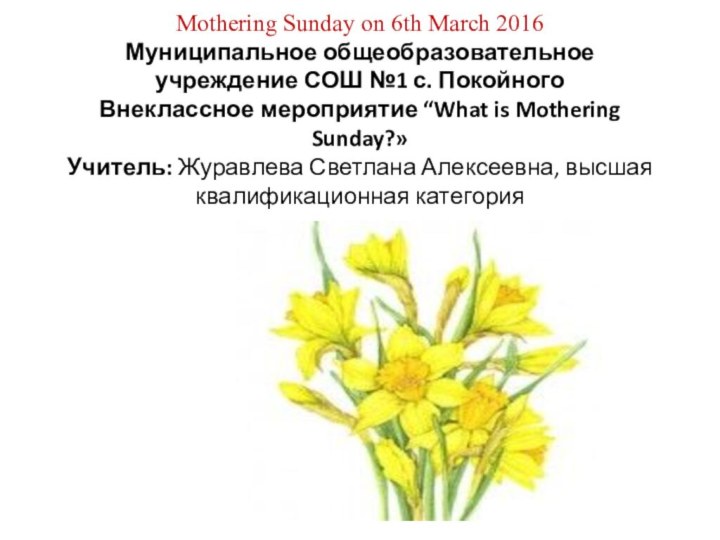
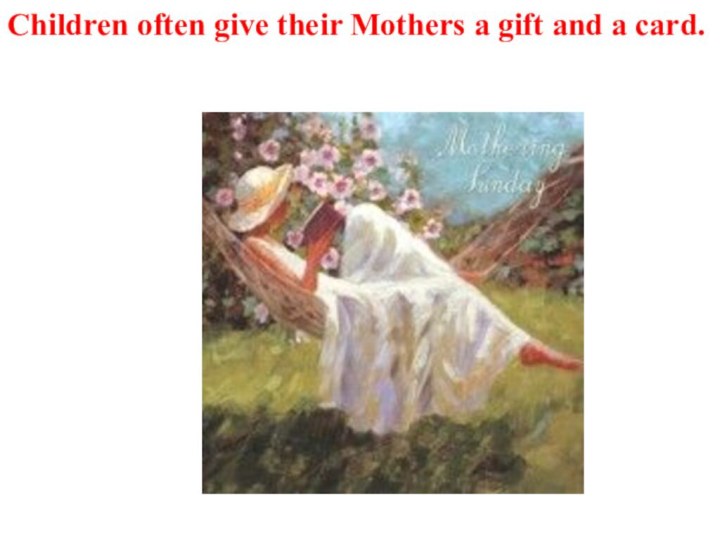
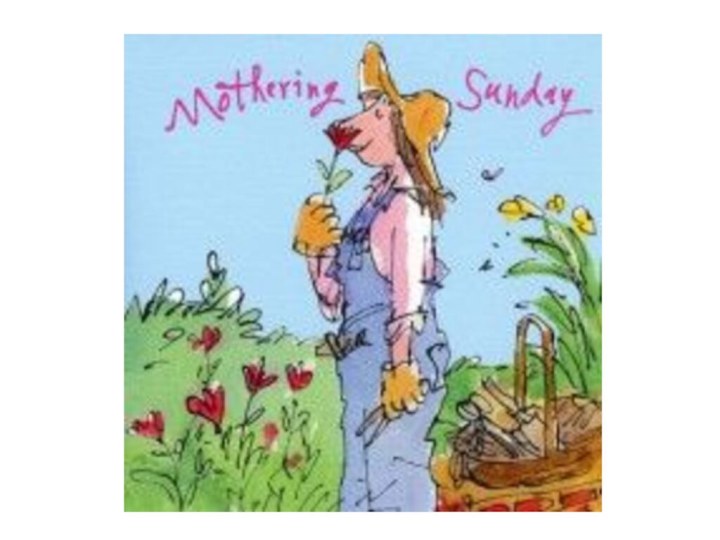
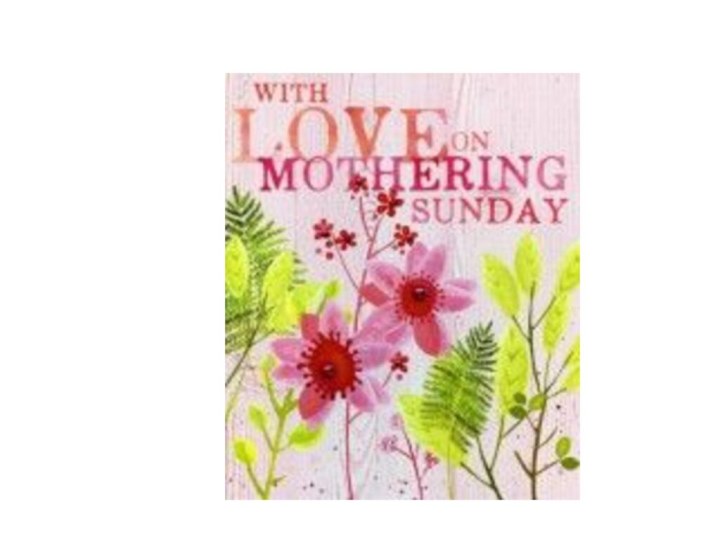
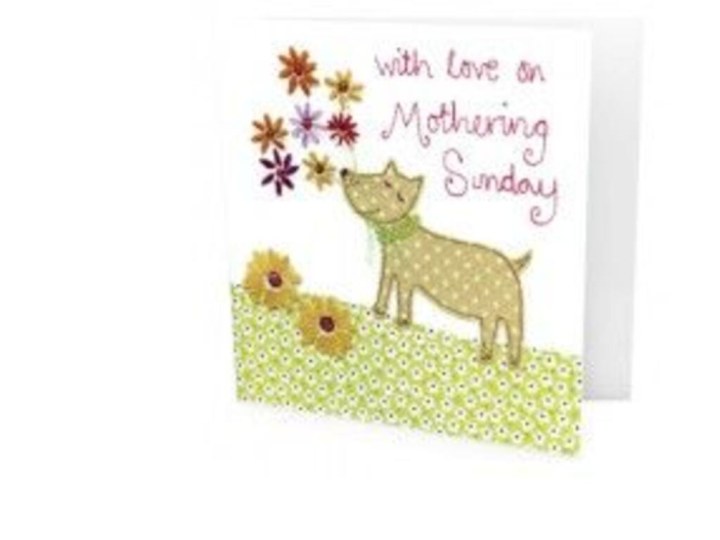
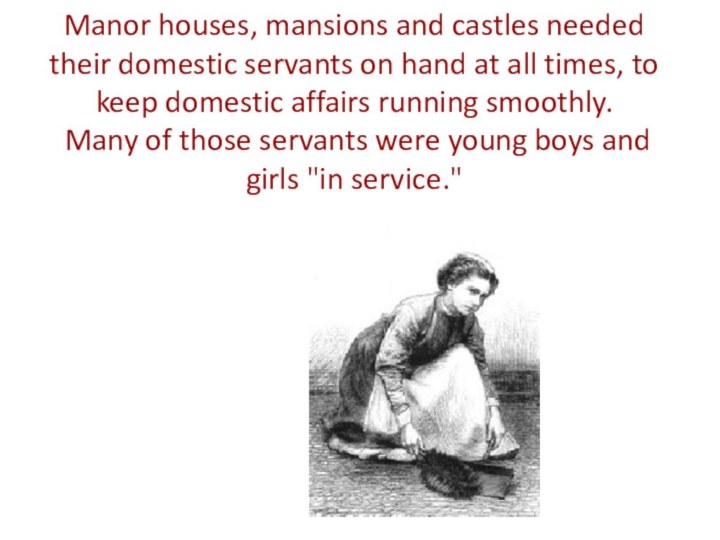
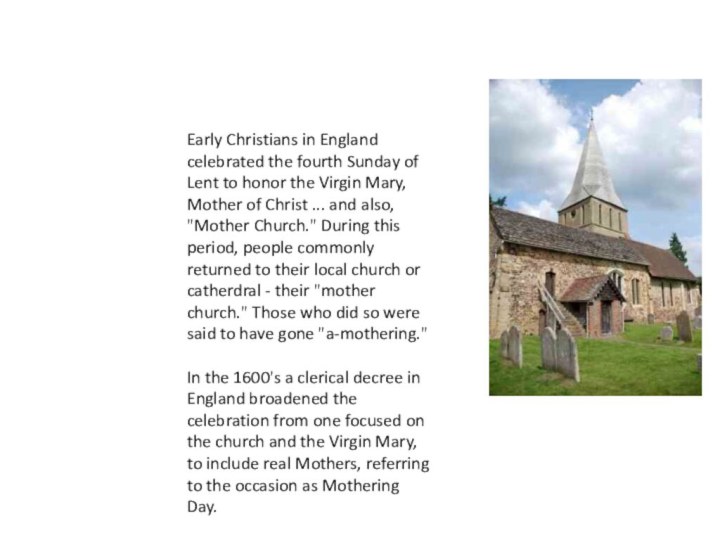
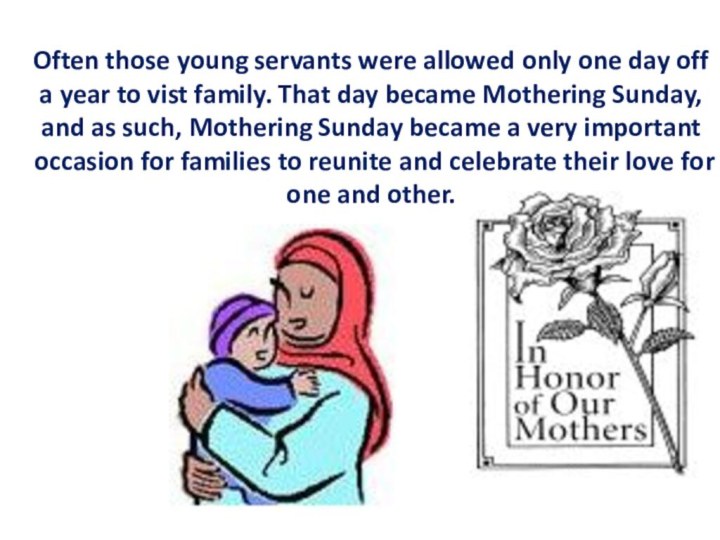
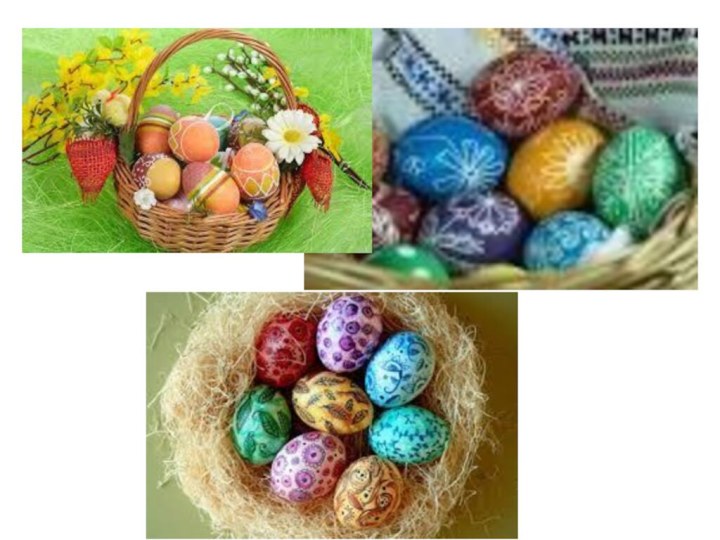

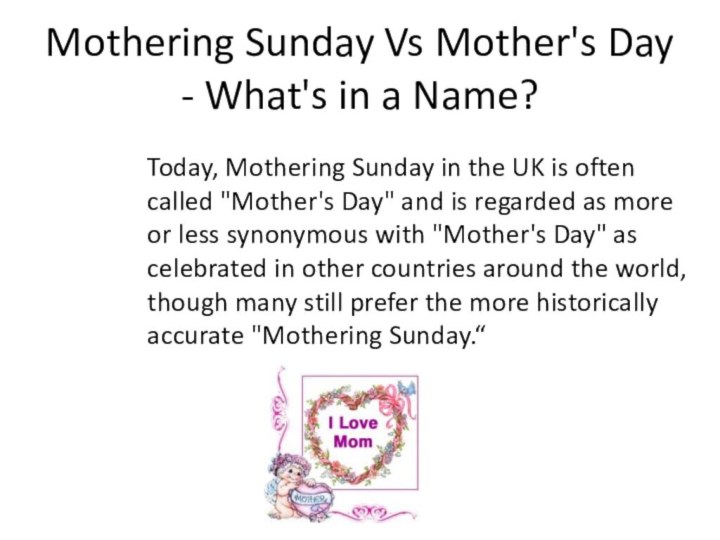

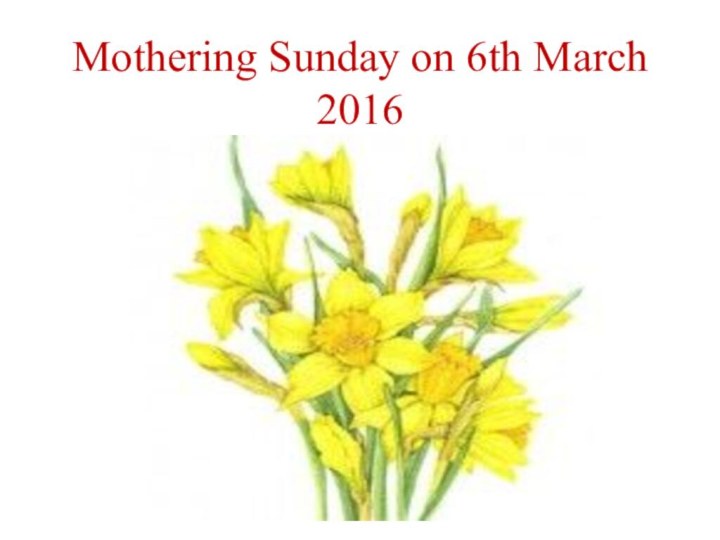



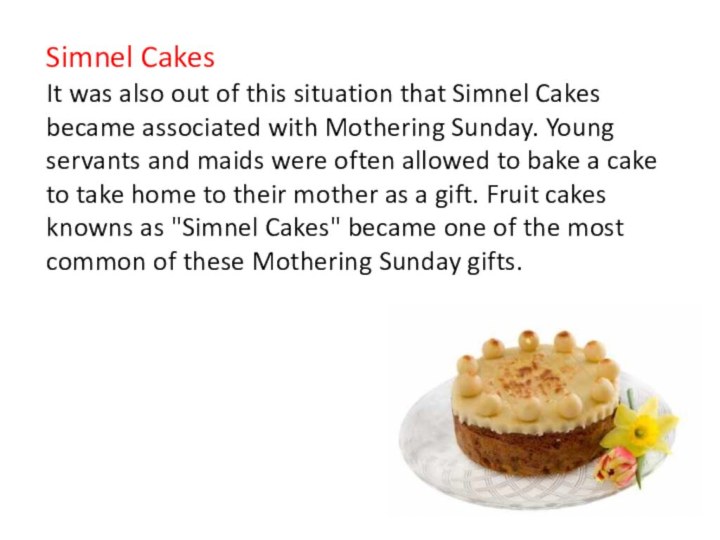
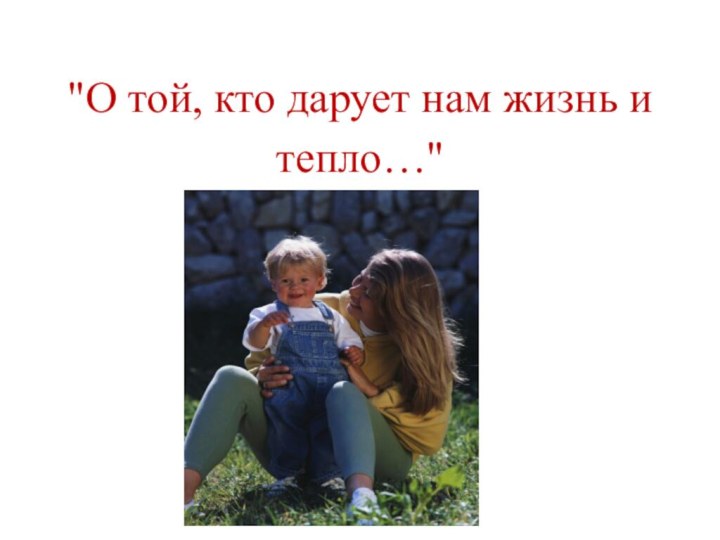
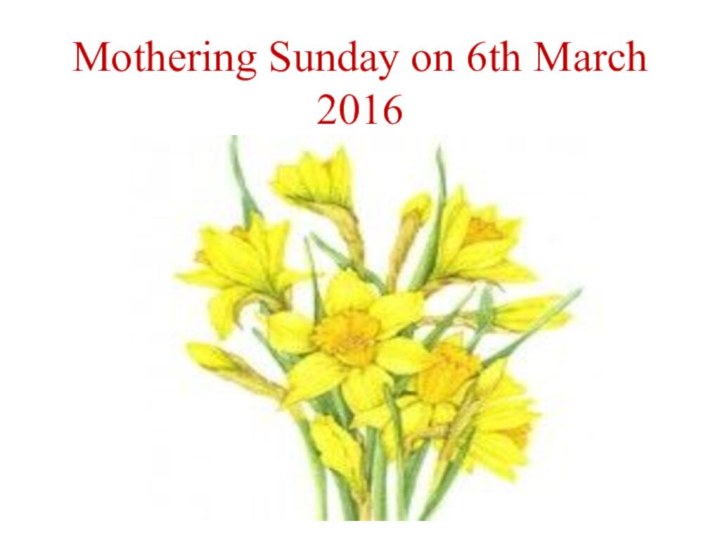
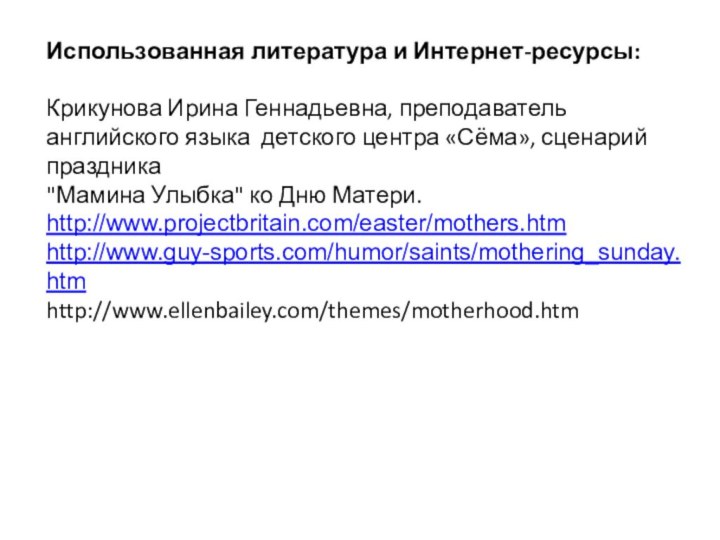
Слайд 6 Manor houses, mansions and castles needed their domestic
servants on hand at all times, to keep domestic
affairs running smoothly. Many of those servants were young boys and girls "in service."
Слайд 7
Early Christians in England celebrated the fourth Sunday
of Lent to honor the Virgin Mary, Mother of
Christ ... and also, "Mother Church." During this period, people commonly returned to their local church or catherdral - their "mother church." Those who did so were said to have gone "a-mothering."In the 1600's a clerical decree in England broadened the celebration from one focused on the church and the Virgin Mary, to include real Mothers, referring to the occasion as Mothering Day.



